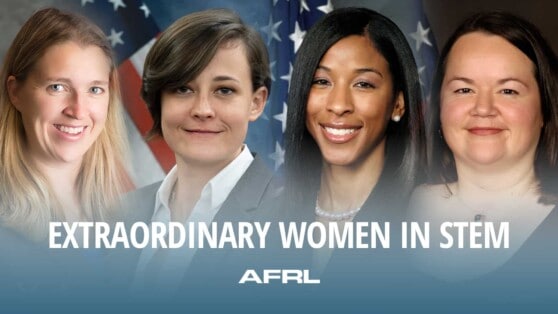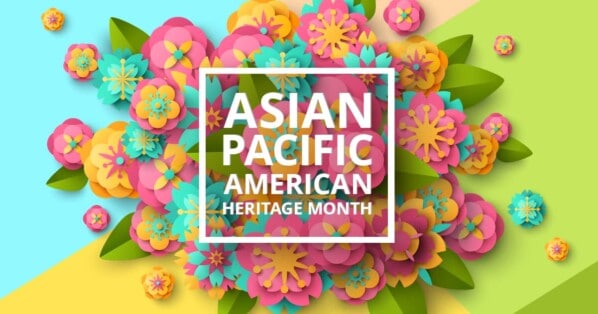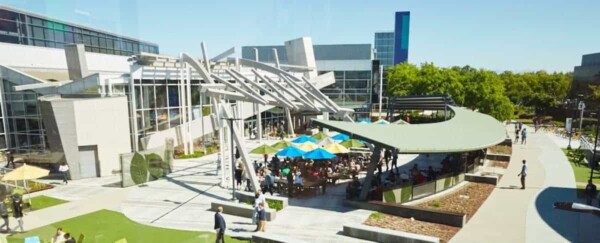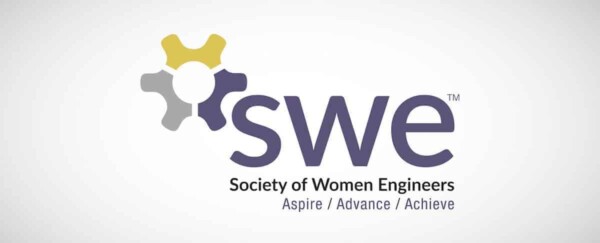“SWE Senate: Education & Learning Sub-Team Update” was written by Heather Wiest, Ph.D., FY19-FY21 SWE Senator.
One of the senate’s four strategic initiatives this year was focused on the topic of education and learning for our SWE members. There were two main questions identified by the senate to be addressed by my sub-team, and I’m excited to give you a quick overview of the major outcomes of our work this fiscal year.
Should SWE consider any future changes to its structure due to emerging trends in higher education?
Our goal in answering this question was to determine how trends in higher education towards non-traditional university settings may affect the needs of future SWE members. Since there is no standard definition for non-traditional university settings, the sub-team developed the following definition based on a review of multiple articles on and websites for nontraditional universities and colleges.
In a non-traditional university or college setting, students can experience differences in scheduling, curriculum, assessment, and learning settings when compared to the traditional experience.
The five-year joint bachelor/master program in Civil Systems Engineering at Charles Sturt University in southeastern Australia is an example of a non-traditional university based on its learning setting, assessments, and schedule. The program combines an 18-month on-campus education that is framed around a series of project-based challenges with four years of off-campus, work-based learning. The most distinctive feature is the approach to self-directed learning (meaning students do no take classes), which occurs online and is accessed by students as and when they need it.
Based on our research and discussions surrounding non-traditional university settings, the sub-team identified several potential impacts on society. Typically, collegiate SWE members are recruited, engaged, and retained through their in-person interactions on campus; however, an increase in non-traditional university settings may disrupt this norm. We could see a higher reliance on virtually engaging non-traditional students, especially collegiates. SWE could also experience an increase in Members at Large (MALs) as these non-traditional students engage with SWE outside of an on-campus collegiate section or affiliate. Depending on the exact needs of future non-traditional students, Affinity Groups may be a great way to engage this demographic of SWE members.
The COVID-19 pandemic also abruptly transitioned many people into non-traditional learning and working environments. The sub-team turned this unfortunate situation into a unique opportunity to learn more about non-traditional learning settings by talking with students and educators as well as other SWE members about their experiences staying connected and engaging remotely. We learned about the importance of ensuring that all SWE groups have the tools and training they need to effectively support their members virtually. The sub-team is recommending that best practices and other resources are developed and made available to all SWE groups.
Where are the opportunities to leverage micro-learning to strengthen the Society’s professional development portfolio?
After gathering information about micro-learning and activities already underway within SWE, the Senate determined that this topic had already moved beyond the realm of strategic planning and was in the implementation cycle. Thus, it was sunset as a strategic initiative for the Senate. In March, SWE HQ developed and released micro-learning content on the Advance Learning Center, which included a three-part video series on Modern Networking in the Social Age. The Curriculum Committee has also been contributing to SWE’s professional development offerings with respect to microlearning by reviewing and transitioning SWE content to eLearning modules on the Advance Learning Center.
Other reasons for sunsetting this strategic initiative included:
- SWE HQ prioritizes learning outcomes and uses them to select the optimal content delivery methods.
- Advance Learning Center will allow for new content delivery methods as SWE learning expands.
- SWE HQ is still learning and experimenting with microlearning techniques.
If you have any questions or additional input on these topics, please reach out to the Speaker of the Senate, Alexis McKittrick.
I also want to give a huge shout out to the FY20 Senate education and learning subteam! The subteam was comprised of Senators Kate Van Dellen, Jacquelyn Nagel, Megan Schulze, and Marta Wicke as well as Director Libby Taylor and SWE Secretary Sandy Pettit. Thank you for all your hard work this fiscal year.






